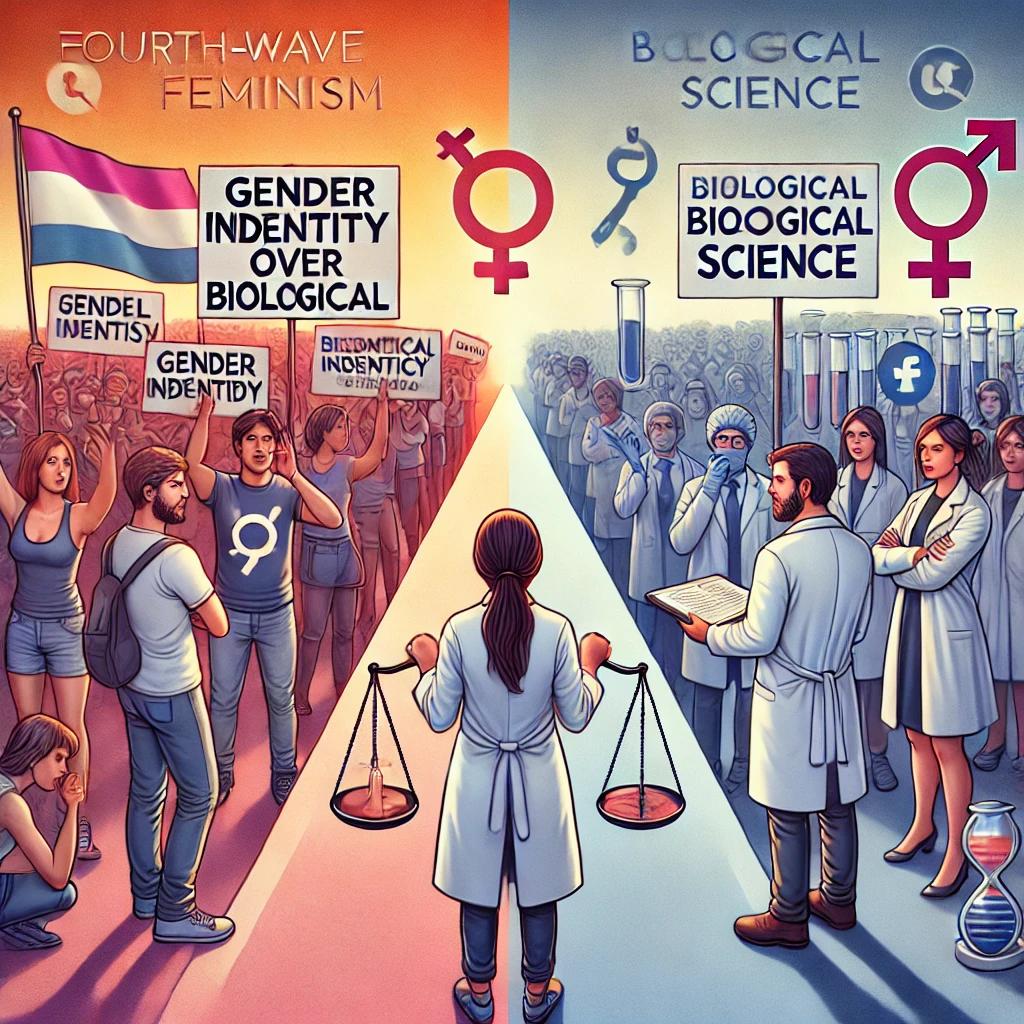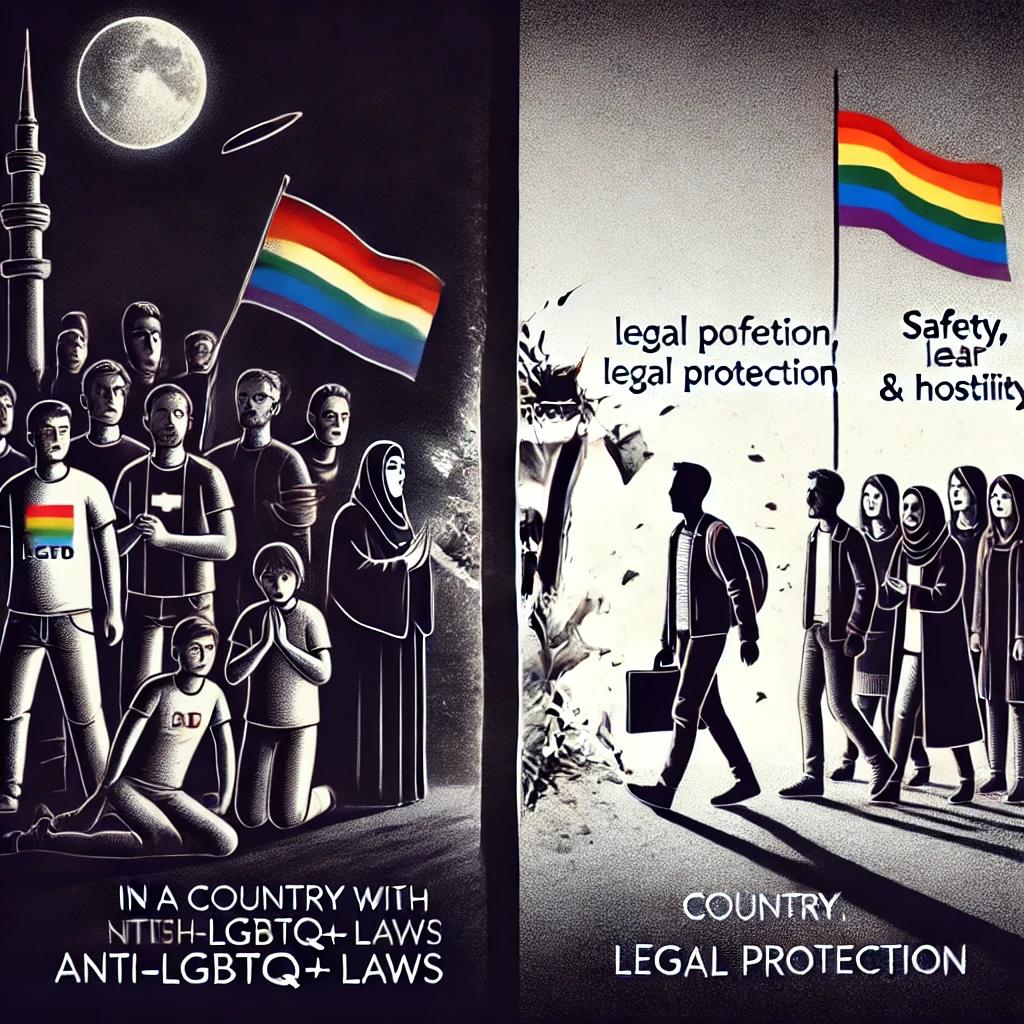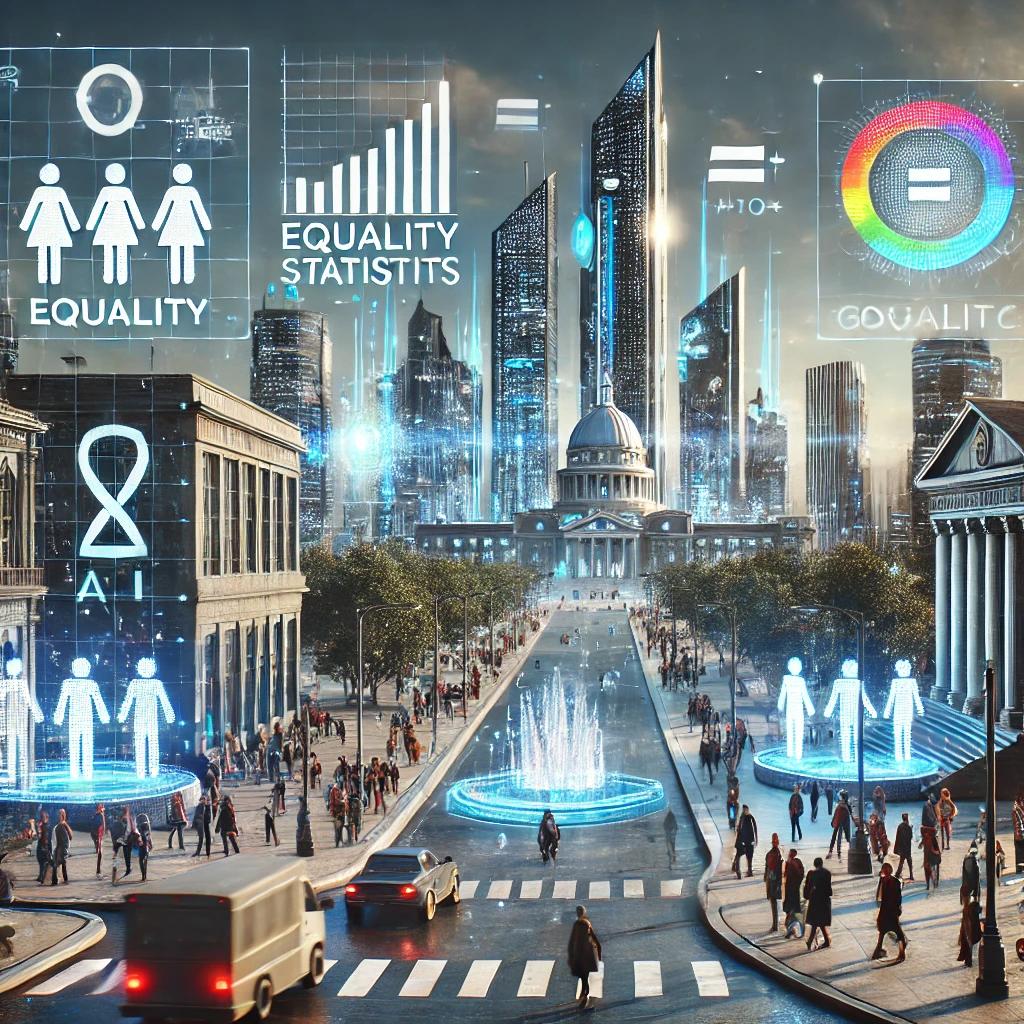LGBTQ+ rights and secular movements have long been connected. Science supports LGBTQ+ identities as natural variations of human behavior. History shows that religious institutions have been responsible for much of the persecution against LGBTQ+ people. Secular movements have played a crucial role in ending this oppression. They have replaced religious dogma with reason, law, and scientific evidence. They have ensured that governments focus on human rights rather than outdated beliefs.
Historical persecution of LGBTQ+ individuals
LGBTQ+ people existed in early civilizations. Some societies tolerated or even accepted them. Others punished them harshly, especially as religious authority increased. Christianity and Islam criminalized same-sex relationships. Sodomy laws became widespread. In medieval Europe, the Inquisition and witch hunts targeted LGBTQ+ individuals. People accused of sodomy were executed, exiled, or tortured.
Colonial powers spread these laws globally. British colonial rule criminalized homosexuality in Africa, India, and the Caribbean. The 19th century medicalized LGBTQ+ identities. Homosexuality was classified as a mental disorder, leading to forced castrations and institutionalization.
In the 20th century, oppression continued. Nazi Germany sent thousands of gay men to concentration camps. They were forced into labor and subjected to medical experiments. The Soviet Union and Communist China criminalized LGBTQ+ identities, sending people to labor camps. Theocratic states like Iran and Saudi Arabia continue to execute LGBTQ+ individuals.
The 20th century also saw resistance. LGBTQ+ activism grew in secular democracies. The Stonewall Riots in 1969 marked a turning point. Decriminalization efforts followed. Secular legal systems repealed anti-LGBTQ+ laws. Same-sex marriage became legal in many countries. International organizations recognized LGBTQ+ rights as human rights.
How secularism enabled LGBTQ+ rights
Secularism separates church and state. It ensures that laws are based on reason rather than religious beliefs. Many of the first countries to decriminalize homosexuality had strong secular institutions. Secular courts overturned sodomy laws. They recognized marriage equality and passed anti-discrimination laws. Secular human rights organizations fought for LGBTQ+ protections.
Religious influence has long framed LGBTQ+ identities as sinful or unnatural. Secularism promotes policies based on science. Medical and psychological research debunked the idea that homosexuality is a disorder. The American Psychological Association and the World Health Organization removed homosexuality from their lists of mental disorders. Laws that once punished LGBTQ+ people were challenged by science and reason.
Secular democracies advanced LGBTQ+ rights by promoting education and scientific research. They created legal frameworks that protected individuals from religious-based discrimination. LGBTQ+ organizations in secular nations were free to challenge oppressive laws. Their activism led to widespread legal and social progress.
The scientific basis of LGBTQ+ identities
LGBTQ+ identities have a biological basis. Studies show that genetics and epigenetics influence sexual orientation and gender identity. Neuroscientific research reveals differences in brain structures between LGBTQ+ individuals and heterosexual individuals. Hormonal influences during prenatal development also play a role.
Psychological research confirms that LGBTQ+ identities are not disorders. Societal acceptance improves mental health. Suicide rates drop when LGBTQ+ people live in supportive environments. Gender dysphoria treatment, including gender-affirming care, improves well-being.
Evolutionary theories explain why LGBTQ+ identities persist. Kin selection theory suggests that non-reproductive individuals contribute to the survival of their families. Same-sex behavior appears in many animal species, reinforcing that it is a natural part of biology.
Secular movements and LGBTQ+ rights: A shared struggle
Secular movements have historically been intertwined with LGBTQ+ rights advocacy. Since both fight against religiously imposed restrictions on personal freedoms, their alliances have been natural and necessary. Throughout history, secularists, humanists, and atheists have been among the strongest voices advocating for equal rights, emphasizing reason and evidence over dogma.
One of the earliest examples of this connection can be seen in the Enlightenment era. Philosophers such as Voltaire and John Stuart Mill championed personal liberty, questioning religious control over individuals’ lives. Their ideas laid the groundwork for secular legal systems that would later allow for LGBTQ+ rights to be debated without religious interference.
In the 19th and early 20th centuries, freethought movements challenged religious laws that criminalized same-sex relationships. Secular intellectuals argued that morality should be based on harm reduction and individual rights rather than religious scripture. Pioneers like Magnus Hirschfeld, a German physician and sexologist, pushed for LGBTQ+ rights by using scientific research to debunk religious arguments against homosexuality. His work was part of a broader secularist movement aimed at reducing the influence of religious dogma in medical and legal affairs.
Linked organisations
The 20th century saw the rise of humanist organizations that actively supported LGBTQ+ causes. Groups such as the American Humanist Association and the British Humanist Association argued for equal rights under secular ethics, rejecting religiously based discrimination. These organizations helped shape public discourse by emphasizing science, reason, and human dignity.
The modern LGBTQ+ rights movement has continued to find allies in secular organizations. Atheist and humanist groups have often worked alongside LGBTQ+ activists to push for equal marriage laws, anti-discrimination protections, and comprehensive sex education free from religious bias. Secular legal groups such as the Freedom From Religion Foundation and the Secular Coalition for America have fought against laws rooted in religious morality, advocating instead for policies based on scientific research and human rights principles.
Ultimately, secular movements and LGBTQ+ advocacy share a fundamental goal: the protection of personal freedoms from religious interference. As society progresses, their collaboration remains essential in ensuring that LGBTQ+ rights continue to be safeguarded through laws rooted in evidence and reason rather than outdated traditions.
LGBTQ+ rights in developed vs. developing countries

Developed countries with secular institutions lead in LGBTQ+ rights. The Netherlands, Canada, France, Germany, and the U.S. have legalized same-sex marriage. These nations passed anti-discrimination laws and improved access to gender-affirming healthcare. Education and media normalized LGBTQ+ identities.
Many developing nations continue to criminalize homosexuality. These laws often trace back to colonial rule. Religious influence remains strong, keeping oppressive laws in place. In Uganda, Iran, and Saudi Arabia, LGBTQ+ people face imprisonment, torture, and execution. Without legal protections, discrimination is rampant. Many LGBTQ+ individuals lack access to basic healthcare and suffer severe mental health issues.
Secular human rights organizations challenge these laws. The UN and the EU pressure countries to decriminalize homosexuality. Activists spread awareness through global movements. Resistance exists, but progress remains slow in deeply religious societies.
Economic development plays a role. Countries with higher literacy rates and stronger economies tend to have more progressive LGBTQ+ policies. Those with weaker institutions and stronger religious influence often resist change. In many places, politicians use homophobia as a tool to maintain control, justifying discrimination through religious rhetoric.
AI and data-driven policies for LGBTQ+ rights
AI can identify discrimination patterns and provide data-driven solutions. AI-driven healthcare models can improve treatment outcomes by identifying gaps in LGBTQ+ medical access. AI can also monitor workplace inclusion and track hiring biases. Real-time data collection can allow governments to address discrimination proactively and improve policy-making.
Continued scientific research
Ongoing studies explore gender diversity, mental health, and social integration. Cultural shifts affect LGBTQ+ well-being, making long-term research essential. Understanding these patterns helps in crafting better policies. The impact of hormone therapy, the psychological effects of societal acceptance, and evolving definitions of gender and sexuality continue to be critical areas of study.
LGBTQ+ rights and public health research
LGBTQ+ individuals face higher mental health risks in non-affirming environments. Religious conservatism often limits healthcare access. Discrimination contributes to stress and long-term health issues. Data shows that LGBTQ+ individuals in hostile environments are at greater risk for depression, anxiety, and self-harm.
Gender-affirming treatments improve mental health and well-being. WHO guidelines emphasize inclusive healthcare policies, ensuring LGBTQ+ individuals receive the medical attention they need. Nations with comprehensive healthcare access show better mental health outcomes for LGBTQ+ populations.
Fourth-wave feminism and the rejection of science

Fourth-wave feminism often prioritizes identity politics over biological realities. It asserts that gender is purely a social construct, contradicting scientific findings on sexual dimorphism.
In sports, male-bodied individuals competing in female categories have raised concerns about fairness. In prisons, self-identification policies have led to male-bodied individuals being housed with women, causing safety risks.
Regarding healthcare, activists have pushed for the removal of sex-based terminology, which can create confusion in reproductive health and patient treatment. In academia, gender identity activists have pressured universities to alter curricula, marginalizing biological research.
Legal disputes have arisen in the UK and the U.S., where some proposed laws would criminalize acknowledging biological sex. These policies create conflicts between free speech, women’s rights, and ideological enforcement.
Secularism must balance inclusion with scientific integrity. Gender dysphoria should be acknowledged, and transgender individuals supported, but without undermining evidence-based policies.
Biology
Biology has been a significant source of tension. Feminists have long challenged biological determinism, the idea that gender roles and behaviors are dictated by innate biological differences. Studies on hormonal influences, such as testosterone being linked to aggression or dominance, have been met with skepticism. Feminists argue that these conclusions are often oversimplified and used to justify societal inequalities. While they do not deny the existence of biological differences, they emphasize that culture, upbringing, and environment play a critical role in shaping behavior. This critique extends to research that suggests women are naturally more nurturing or suited for caregiving roles, which feminists see as reinforcing restrictive stereotypes.
Evolutionary psychology
Evolutionary psychology has also faced sharp criticism. Feminists take issue with the way it interprets human behavior through an evolutionary lens. For instance, theories that men are predisposed to seek multiple partners or that women evolved to prioritize resourceful mates have been labeled as reductive. Feminists argue that these interpretations often ignore cultural and social influences and fail to account for the variability of human behavior across different societies and historical periods. They also claim that evolutionary psychology sometimes frames traditional gender roles as biologically inevitable, which can undermine efforts to challenge these norms.
Neuroscience
Neuroscience is another field that feminists have scrutinized. Studies attempting to identify differences between male and female brains have often drawn criticism. Feminists point to methodological flaws, such as small sample sizes or biased assumptions about what researchers expect to find. For example, claims that women are better at multitasking or that men are naturally better at spatial reasoning have been contested. Feminists argue that such findings are frequently exaggerated or misinterpreted in media, further entrenching gender stereotypes. They also highlight that the focus on brain differences often overshadows the substantial similarities between genders, skewing public perception.
Sociobiology
Sociobiology has similarly come under fire. This field studies the biological basis of social behaviors, often suggesting that patterns like male dominance or female nurturing are natural and universal. Feminists argue that these claims ignore cultural and environmental influences and risk reinforcing existing power structures. By framing behaviors as “natural,” sociobiology can provide a convenient justification for inequality. Feminists advocate for a more critical examination of these
Notable LGBTQ+ freethinkers
Many LGBTQ+ activists were also freethinkers who challenged religious and societal norms. Harvey Milk was one of the first openly gay elected officials in the U.S. He championed secular policies and LGBTQ+ rights. Christopher Hitchens, though not LGBTQ+, was a strong advocate for secularism and equality. Alan Turing, the father of modern computing, was an atheist and a victim of state-led homophobia. Stephen Fry has been a vocal critic of religious homophobia. Greta Christina has written extensively on secularism and LGBTQ+ issues.
Historical figures also fought against religious persecution. Magnus Hirschfeld, a German physician, was one of the first scientists to study LGBTQ+ identities. He founded the Institute for Sexual Research in Berlin. His work was burned by the Nazis. Karl Heinrich Ulrichs, a 19th-century lawyer, was one of the first activists to demand legal protections for gay individuals. These figures fought for rational policies, free from religious prejudice.
The role of legal systems in LGBTQ+ liberation
Laws determine whether LGBTQ+ people live freely or in fear. Throughout history, religious legal codes criminalized homosexuality. However, secular courts have been instrumental in dismantling these oppressive laws. The repeal of sodomy laws in the United States, the legalization of same-sex marriage in Canada, and the decriminalization of homosexuality in India all came through secular legal reasoning.
Furthermore, landmark cases such as Obergefell v. Hodges in the U.S. and Toonen v. Australia at the United Nations Human Rights Committee have set legal precedents that recognize LGBTQ+ rights as fundamental human rights. Countries with secular legal systems continue to lead in advancing protections against discrimination in employment, housing, and healthcare.
Religious resistance to LGBTQ+ rights
Despite progress, religious institutions have consistently opposed LGBTQ+ rights. From the Vatican’s stance on same-sex marriage to conservative Islamic nations enforcing the death penalty for homosexuality, religious dogma has shaped anti-LGBTQ+ policies worldwide.
In addition, religious lobbying groups have fought against equal rights. Evangelical organizations in the U.S. have poured millions into anti-LGBTQ+ campaigns. Orthodox leaders in Eastern Europe have influenced legislation criminalizing LGBTQ+ activism. Religious leaders often claim that LGBTQ+ rights violate “traditional values,” even when scientific research and legal precedents prove otherwise.
Media, social movements, and LGBTQ+ visibility
LGBTQ+ representation in media has played a crucial role in shifting societal attitudes. However, religious influence initially suppressed LGBTQ+ narratives, labeling them as immoral. As secular movements gained traction, LGBTQ+ characters and stories emerged in films, television, and literature. Popular culture, particularly in the West, helped normalize LGBTQ+ identities and counter religious propaganda.
Moreover, social media has become a battleground for LGBTQ+ rights. Activists use digital platforms to expose discrimination, mobilize protests, and share scientific research. In contrast, religious groups have also used these platforms to spread misinformation and push conversion therapy narratives. The ongoing clash between evidence-based activism and religious rhetoric continues to shape public discourse.
Economic and workplace inclusion of LGBTQ+ people
Economic policies also reflect the divide between secular and religious influences. In secular nations, LGBTQ+ individuals enjoy workplace protections, equal pay, and corporate inclusion policies. Global companies now prioritize diversity and LGBTQ+ representation, recognizing that inclusivity fosters innovation and economic growth.
On the other hand, in countries where religious beliefs dominate labor policies, workplace discrimination remains rampant. LGBTQ+ employees are often fired, harassed, or denied promotions simply for their identity. Business owners in some U.S. states have even cited “religious freedom” as a justification for refusing service to LGBTQ+ customers. The struggle between secular labor rights and religious exemptions continues to affect economic opportunities for LGBTQ+ individuals worldwide.
Education and LGBTQ+ rights in secular societies
Education is another battleground where secular and religious values clash. Secular education systems promote inclusive curricula that teach LGBTQ+ history, health, and rights. In contrast, religious institutions often push abstinence-only sex education, erase LGBTQ+ figures from history books, and perpetuate harmful myths about homosexuality.
Furthermore, countries with strong secular policies have introduced anti-bullying laws that protect LGBTQ+ students. They ensure access to gender-affirming healthcare in schools and allow students to express their identities freely. Conversely, religiously controlled education systems continue to discriminate against LGBTQ+ youth, fostering mental health crises and social isolation.
Future challenges for LGBTQ+ rights
Despite significant advancements, LGBTQ+ rights remain under threat. Religious fundamentalism, political populism, and misinformation campaigns pose ongoing risks. In several countries, backlashes against LGBTQ+ progress have emerged, fueled by religious leaders and conservative politicians.
Moreover, emerging issues like AI bias in hiring, transgender healthcare restrictions, and new forms of digital censorship present challenges that must be addressed. Secular activism, scientific research, and data-driven policies will be essential in ensuring that LGBTQ+ rights are not just protected but expanded in the coming decades.
LGBTQ+ refugees and asylum seekers

Throughout history, LGBTQ+ individuals have been persecuted in nations where religious laws dictate social and legal norms. In many places, same-sex relationships and gender nonconformity are still criminalized, with punishments ranging from imprisonment to execution. However, as secular nations have embraced human rights, they have also become sanctuaries for those fleeing persecution.
Secular countries have led the way in providing asylum to LGBTQ+ refugees. Laws protecting individuals from discrimination and violence have enabled thousands to escape life-threatening conditions. Nations such as Canada, the Netherlands, Germany, and Sweden have developed asylum policies specifically addressing the unique dangers faced by LGBTQ+ individuals in their home countries. These policies recognize that religious intolerance, not criminal behavior, is what places LGBTQ+ people at risk. In contrast, many religious-majority nations continue to treat LGBTQ+ identities as moral failings or crimes, forcing many to flee in search of safety.
Escape from hell
Across the globe, certain countries remain especially dangerous for LGBTQ+ individuals. In Iran and Saudi Arabia, for example, homosexuality is punishable by death. In Uganda, life imprisonment is a legal penalty, while in Russia, anti-LGBTQ+ propaganda laws restrict free expression and foster violent hostility. These policies, deeply rooted in religious ideologies, create unbearable conditions for LGBTQ+ citizens. In response, secular movements worldwide have stepped in. International human rights organizations such as Amnesty International, Human Rights Watch, and OutRight Action International document abuses, pressure governments, and advocate for refugee protections. Their efforts highlight the clear link between secular governance and LGBTQ+ safety.
Despite finding refuge in secular countries, LGBTQ+ asylum seekers still face challenges. Immigration systems, even in progressive nations, may contain biases influenced by religious and cultural prejudices. Many refugees struggle to prove their identity to immigration officials who may not fully understand the risks LGBTQ+ individuals face. Others encounter discrimination from local communities or within refugee shelters where religious intolerance persists. Furthermore, adjusting to a new life in a foreign country can be difficult, especially for those who have faced years of trauma and secrecy.
Ultimately, the fight for LGBTQ+ refugee rights is far from over. While secular nations continue to provide sanctuary, systemic barriers remain. Advocates must push for more inclusive asylum policies, better training for immigration officials, and stronger protections for LGBTQ+ individuals once they arrive. As long as religiously motivated persecution exists, the need for safe havens will persist. A truly just world requires not only the decriminalization of LGBTQ+ identities but also the global recognition that no one should be forced to flee their home simply because of who they are.
Secular movement: Conclusion
Homosexual behavior has been documented in over 1,500 animal species, yet homophobia exists in only one—ours. This contradiction highlights that discrimination is not natural but socially constructed. LGBTQ+ rights have advanced through secularism, scientific progress, and rational governance, but these gains remain fragile. The future depends on actively defending these principles against ideological regression. The global fight for equality must not only continue but intensify, ensuring LGBTQ+ people live freely, without fear, and with full dignity. AI-driven governance, relentless scientific inquiry, and robust public health policies must lead the charge, creating a world where rights are not debated but universally upheld.

Leave a Reply